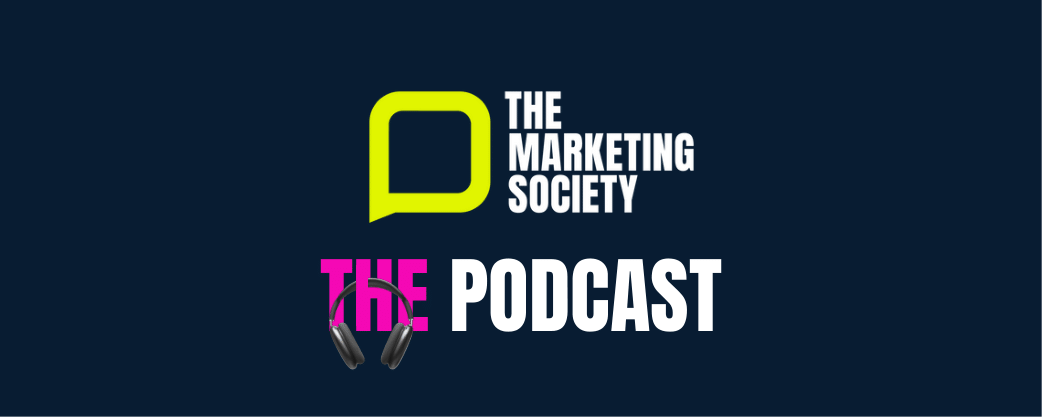Episode 62
The Green Guides - Tackling the social and environmental challenges we face
“Building a culture of trust around green claims is the most important thing marketers, business and brands should be doing, using advertising self- regulation as a tool, making sure everyone is upholding those standards.”
As regulations and guidelines in and around sustainability continue to evolve, tighten up and support a better future around managing both what we do AND say, we spoke to Laura Brett whose remit is to lead the US system of advertising self-regulation looking at advertising claims to make sure what is being said is the truth, (like the Advertising Standards Agency – ASA, in the UK).
Laura makes it clear from the outset, that as a body, they look at one simple standard, and that is, “that advertising claims are truthful and not misleading, which also means you have to be transparent when advertising to consumers.” Greenwashing continues to make headlines globally with organisations being called out, investigated, or having their ads banned, whether due to misleading information, not telling the full story or only focusing on the ‘good’ whilst omitting the bad. All of which is incredibly damaging to people, planet and the organisations themselves.
Laura begins by explaining that actually, most complaints about claims in the US are brought to them not by consumers, but by competitors, one organisation challenging another. As she puts it, “the adversarial system is alive and well!” Laura goes on to explain that “the BBB National Programmes also open claims themselves both from consumers and from their own observations.”
During our discussion we discuss how the Federal Trade Commission (FTC) are currently in the process of reviewing their ‘Green Guides’ and inviting comment. Whilst the FTC do this every 10 years, Laura explains that this time round it feels particularly important because advertising needs to be held to a certain standard if we are to make progress in tackling the social and environmental challenges we face.
The ‘Green Guides’ are incredibly valuable for Marketers in terms of providing guidance, they can also be used to highlight what is being talked about and where gaps in knowledge might be. Any marketer looking at the guides should as a baseline know what the terms in them mean, and if they don’t they need to go and find out.
Laura talks about organisations who make carbon neutral claims without an achievable plan, and how if claims are going to be made, a plan has to be in place to show the pathway they are taking to meet that claim, even if that plan changes. Laura believes the FTCs focus is on closing the gaps in the ‘Green Guides’. The real issue however in amongst all of this isn’t whether one gets into trouble with the regulator, but the continued erosion of trust and that is where the damage really impacts brands in terms of reputation and culture - making them unfavourable to consumers and people not wanting to work for them.
Another valuable episode for both Marketers in the US and, Marketers marketing to the US, providing advice and support to you as key stakeholders in supporting your organisations’ sustainable agendas, as Laura states, “building a culture of trust around green claims is the most important thing marketers, business and brands should be doing, using advertising self- regulation as a tool, making sure everyone is upholding those standards.” So tune in and listen!
Marketers can stay up to date with what is happening across advertising in the US by visiting:
https://www.ftc.gov/legal-library/browse/cases-proceedings
https://bbbprograms.org/programs/advertising/all-programs#decisions
_______________________________________________________________________________________
You’ll find the Podcast on all the usual pod platforms - and also on The Global Player and via The Marketing Society. If you love it, do share it and spread the word. Talking about climate change and the role we play is one of the most important things we can do. So join the conversation. We’re all in this together.
Our podcasts are recorded purely via online conferencing platforms, we apologise for any minor sound quality issues.

